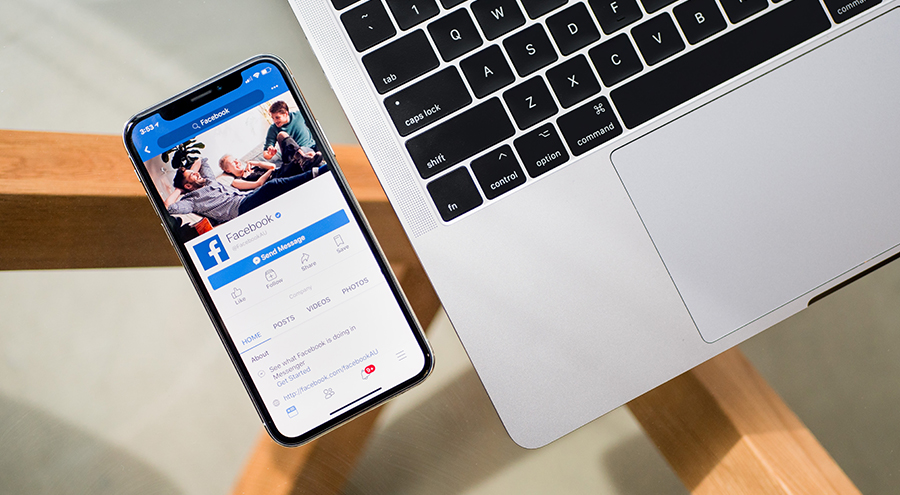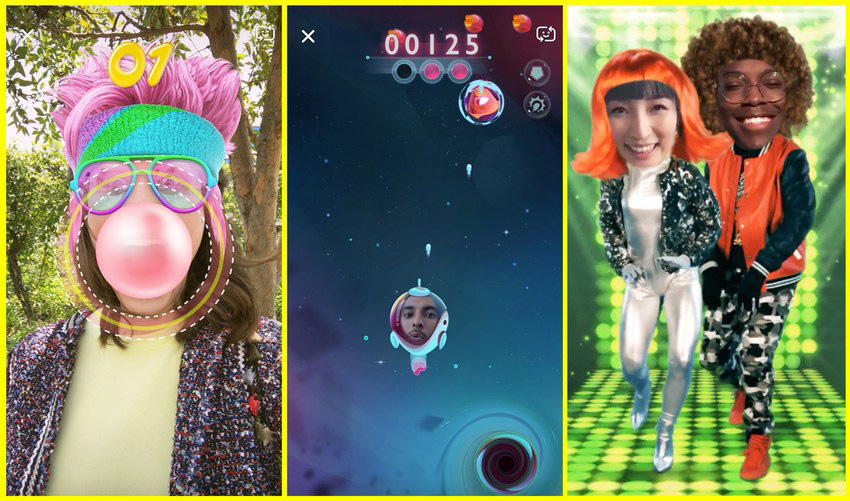The Week in Social: Facebook Community Standards, Snapchat Gaming, and Twitter Growth

Facebook’s community standards go public
Facebook has now made its community standards publicly available, almost a year after portions were leaked. This first look at the guidelines in its entirety offers some clarity on the thought process behind how the company responds to harassment, hate speech, threats, and nudity on the platform, among other things. It’s also bound to raise questions about this decision making, but Facebook says that’s part of the process, acknowledging that the standards will “continue to develop over time.”
The change comes just a month before the GDPR comes into effect – something that has seen sweeping moves toward increasing transparency across the industry. YouTube also made plans to be more open about moderation this week, announcing plans for quarterly reports on its community guidelines enforcement.

Read more at The Verge
Instagrammers can now download their data
Speaking of GDPR compliance, Instagram is now letting users download their personal data. Similar to Facebook’s equivalent feature, Instagram’s data download gives users a file including information on their photos and videos, archived stories, comments, direct messages, search history, and profile information. The tool is currently only accessible via the web, with access on iOS and Android rolling out at a later date.
Read more at Tech Crunch
Snapchat gets games, new spectacles, and unskippable ads
Last week it was ‘Shoppable AR’; this week it’s ‘Gameable AR.’ Snapchat has introduced new lenses called ‘Snappables,’ which let users compete with their friends in arcade-style games. What sets Snappables apart from other mobile games is that the ones revealed so far require users to interact through motion or facial expressions, which won’t at all make you look strange on the subway. Additional games will be released weekly.
The Snapchat news doesn’t end there. Snap Inc. has just released its revamped Spectacles, which are slimmer, waterproof, transfer data quicker, can house subscription lenses, and hopefully won’t result in another $US40 million write-off.
And finally, unskippable six-second ads are said to be coming to Snapchat. A Snap representative has confirmed upcoming tests of the new ad format called – get this – ‘Commercials.’

Read more on Wired
Facebook wants to get back to its roots
Miss the old days of Facebook? It seems the social media giant does as well. In a video entitled ‘Here Together,’ the company has acknowledged that its goal of connecting people has been obstructed ever since “something happened” – specifically, “spam, clickbait, fake news, and data misuse.”
The minute-long spot keeps itself light despite the ongoing bad press by tapping into nostalgia through its footage of UI from years gone by, ending with a promise to “get back to what made Facebook good in the first place.” The ad, which is already viewable online, will run in movie theatres and on TV, including during NBA playoff games.
Watch on YouTube
The pistol emoji bites the bullet
The pistol emoji is soon to be no more. Like dominos, some of the biggest names in the technology and communication space have made plans to ditch the menacing pistol emoji in favour of a playful water gun. Following Samsung’s emoji update alongside the Galaxy S9 launch, Twitter followed suit this week… and then Google said it would do the same… as did Facebook… and finally Microsoft. That last announcement amounts to a backflip, considering Microsoft went to the effort of replacing its ray gun emoji with an actual pistol in 2016, the same year Apple became the first to adopt the water gun.

Read more at Digital Trends
Twitter reports profit – again!
For the second time in history (and second quarter in a row), Twitter has recorded a profit. In its first quarterly earning call for 2018, the company reported revenue of $US665 million, including $61 million in profit – not as much as its previous profit of $91 million, but still above expectation. Crucially, Twitter also announced a 6 million increase in monthly active users, which is a welcome change for the social network after two quarters in 2017 that saw active use either stagnate or drop.
Read more at Recode